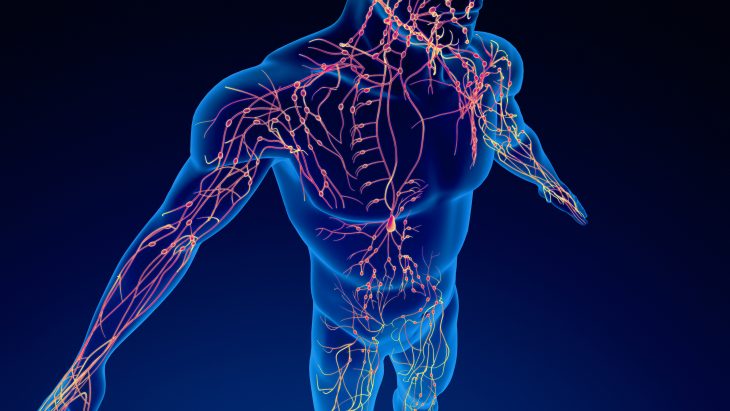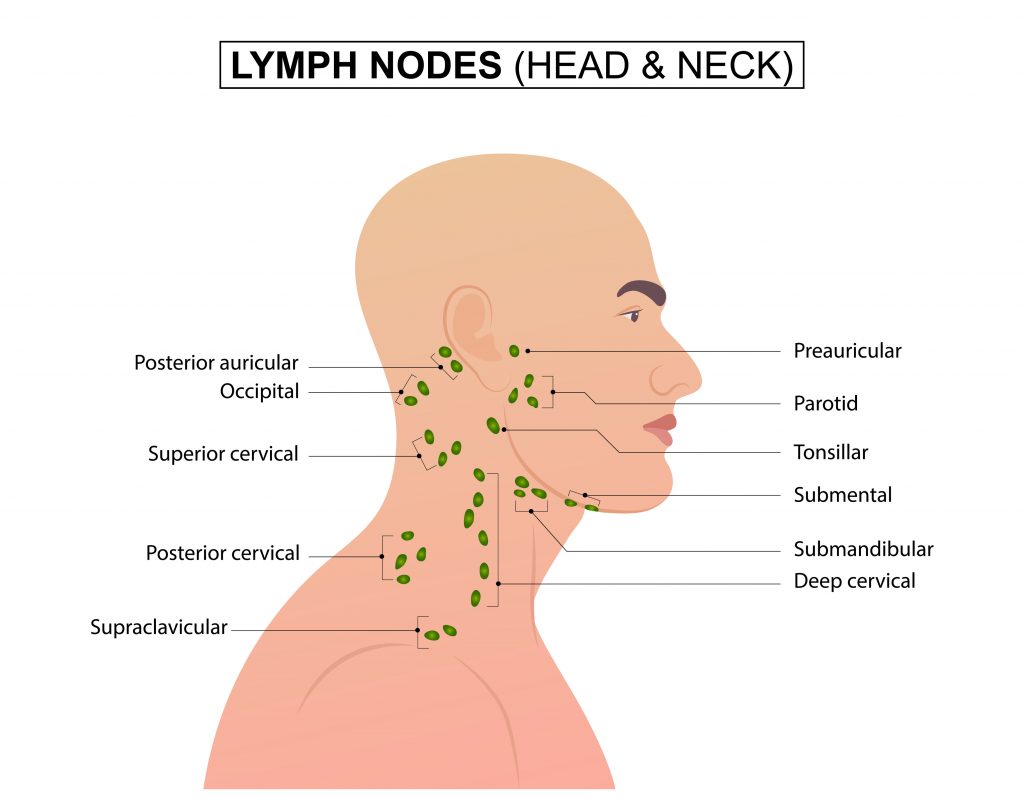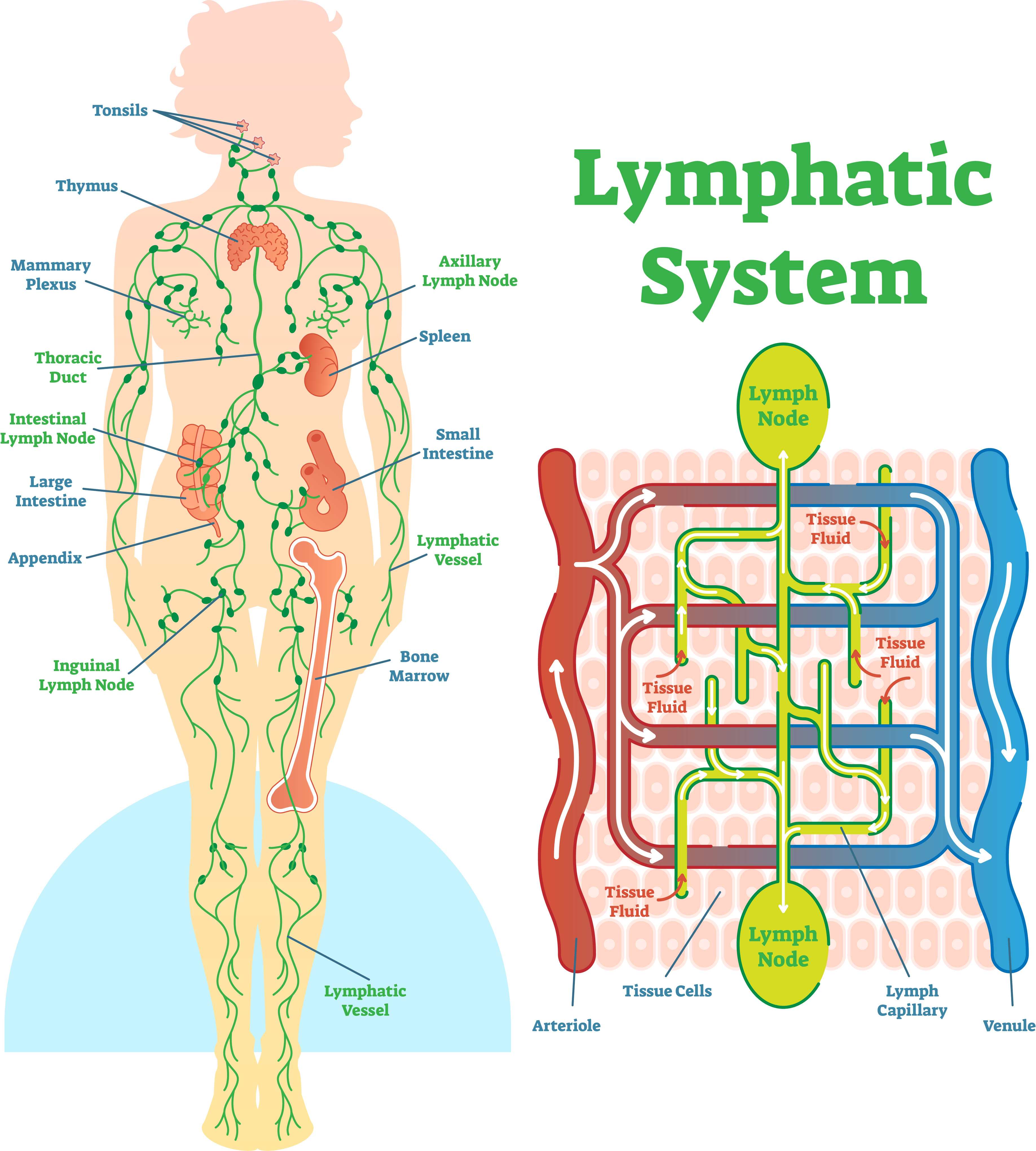
The human body is a marvel of intricate systems working together seamlessly. Among these remarkable systems is the lymphatic system, a network of vessels and organs that play a crucial role in maintaining our overall health. In this article, we will embark on a journey to uncover intriguing and lesser-known facts about the lymphatic system. From its fascinating functions to its surprising connections, get ready to be amazed by the wonders of this vital system.
The Unsung Hero: Lymph
The lymphatic system is primarily responsible for transporting lymph, a clear fluid that carries various substances throughout the body. Lymph is composed of water, proteins, fats, immune cells, and waste products. It acts as a vital intermediary between the blood vessels and the body’s cells in delivering essential nutrients.
An Extensive Network
The lymphatic system spans the entire body, just like a vast web of interconnected highways. Its network of lymphatic vessels, similar to blood vessels, carries lymph fluid throughout the body. These vessels, along with small bean-shaped structures called lymph nodes, act as checkpoints along the lymphatic highways, filtering the lymph and capturing harmful pathogens, foreign substances, and damaged cells.
The Mighty Lymph Nodes
Lymph nodes are like the vigilant defenders of our immune system. They are found in clusters in various parts of the body, such as the neck, armpits, and groin. These small, bean-shaped structures play a crucial role in trapping and destroying harmful substances. When you have an infection or illness, you may notice swollen lymph nodes, indicating that your immune system is actively fighting off invaders.

The Lymphatic Superhighway: Thoracic Duct
Imagine a superhighway dedicated solely to the lymphatic system’s traffic. The thoracic duct, the largest lymphatic vessel in the body, serves as this essential highway. It collects lymph from the lower limbs, abdomen, left side of the chest, and left arm, eventually delivering it into the bloodstream near the heart. Without this major thoroughfare, our lymphatic system would lose its efficiency and effectiveness.
The Lymphatic System’s Fluid Balancing Act
The lymphatic system plays a vital role in maintaining fluid balance within the body. Lymphatic capillaries, which are smaller and more permeable than blood capillaries, absorb excess interstitial fluid and return it to the bloodstream. This helps prevent tissue swelling and maintain fluid balance.
Travelers of the Lymph
Lymphocytes, a type of white blood cell, are key players in the lymphatic system. They travel within the lymph, patrolling the body and fighting off infections. These remarkable cells come in two main types: B cells, which produce antibodies to neutralize harmful substances, and T cells, which directly attack infected cells or coordinate immune responses.
Garbage Collectors of the Body
The lymphatic system acts as the body’s waste management system. As lymph circulates through the body, it collects cellular waste, excess fluid, and other debris. This waste is then filtered and processed by the lymph nodes, which contain specialized cells that help remove harmful substances and foreign invaders.
Lymph and Fat Absorption
Here’s an unexpected twist: the lymphatic system plays a crucial role in fat absorption. After we consume fatty foods, the small intestine absorbs the fats and releases them into the lymphatic vessels as chylomicrons. These chylomicrons are then transported through the lymphatic system until they reach the bloodstream, where they deliver fats to cells throughout the body. So, the next time you enjoy a delicious meal, remember that your lymphatic system is hard at work ensuring proper fat distribution.
The Lymphatic System’s “Traffic Control” Mechanism
Unlike the circulatory system, the lymphatic system does not have a central pump like the heart. Instead, it relies on the contraction of surrounding muscles and the movement of body parts to propel the lymph fluid. To prevent backward flow, lymphatic vessels are equipped with one-way valves that ensure the lymph fluid moves in the correct direction.

The Lymphatic System and Cancer
The lymphatic system can play a role in the spread of cancer cells. Cancer cells can travel through the lymphatic vessels and reach nearby lymph nodes, leading to the formation of secondary tumors. As a result, in cancer diagnosis and treatment, a sentinel lymph node biopsy is often performed to determine if cancer has spread to the lymph nodes. This procedure helps guide treatment decisions.
Edema: When Things Get Swollen
One common condition associated with the lymphatic system is edema, the swelling of body parts. When the lymphatic system is overwhelmed or compromised, fluid can accumulate, leading to localized swelling. This often occurs in conditions such as lymphedema or after surgery, highlighting the importance of maintaining a healthy lymphatic system.
Maintaining Lymphatic Health
Some ways to maintain your lymphatic health include exercising and having a healthy diet. Engaging in regular physical activity stimulates lymphatic flow, helping to maintain its optimal function. Eating a balanced diet rich in fruits, vegetables, and antioxidants, along with staying hydrated, can also support the health of the lymphatic system.
Conclusion
The lymphatic system, often underappreciated, is a fascinating network that plays a crucial role in our overall health. From defending against infections to maintaining fluid balance, its functions are awe-inspiring. By delving into the captivating world of the lymphatic system, we gain a deeper appreciation for its intricate mechanisms and the remarkable ways it safeguards our well-being. So, let us marvel at the wonders of this incredible system and take steps to ensure its vitality for a healthy and vibrant life.
Was this page helpful?
Our commitment to delivering trustworthy and engaging content is at the heart of what we do. Each fact on our site is contributed by real users like you, bringing a wealth of diverse insights and information. To ensure the highest standards of accuracy and reliability, our dedicated editors meticulously review each submission. This process guarantees that the facts we share are not only fascinating but also credible. Trust in our commitment to quality and authenticity as you explore and learn with us.
